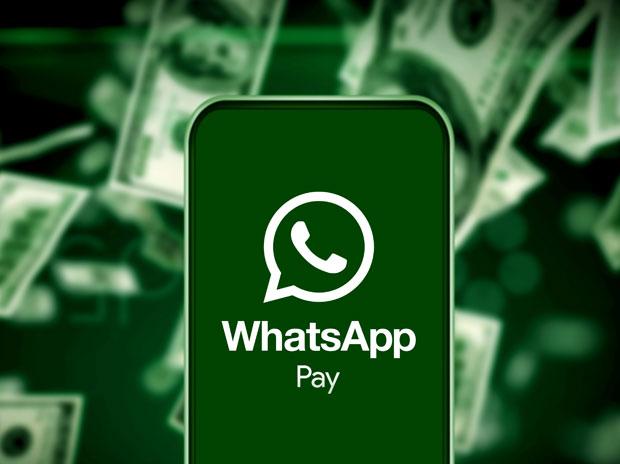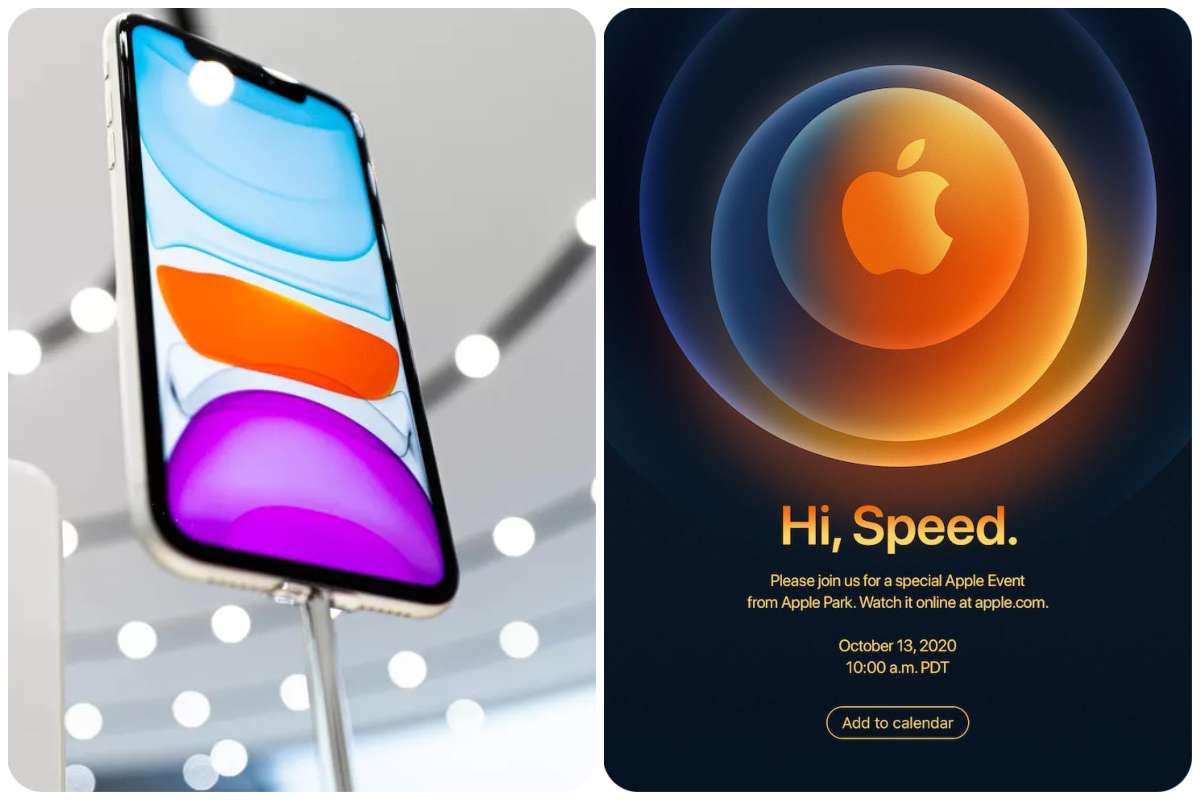Mobile Apps
Let’s Talk About This Global Apps Called “Whatsapp”

WhatsApp, which was first released in 2009, is a free multi-platform messaging program that allows users to make video and phone conversations, send text messages, share their location, and more with only a Wi-Fi connection. This program is appealing since it works on a variety of phone and computer operating systems, allowing you to resume your chat whenever and anywhere you like. It can also make one-on-one or group calls using Wi-Fi and cellular data, minimizing the need for costly calling expenses. If this has piqued your interest, stay reading to learn everything there is to know about WhatsApp.
Free international calls
WhatsApp is a messaging and voice calling app that leverages your phone’s cellular or Wi-Fi connection to connect you to practically anyone on the planet, alone or in a group, and is especially useful for families and small collaborative workgroups. You may use the app to make calls, send and receive messages, and exchange documents, photographs, and videos, among other things. Because WhatsApp uses your phone’s 5G, 4G, 3G, 2G, EDGE, or Wi-Fi connection instead of your mobile plan’s voice minutes or text plan, it is absolutely free – with no fees or subscriptions. It won’t eat into your data plan if you’re connecting via Wi-Fi.
Easy chatting and calling over most platforms
WhatsApp is platform-independent. You don’t have to have the same phone as your call recipient or use the same platform – the software works with iPhones and Android phones, as well as Mac or Windows desktop or laptop computers that can send and receive messages but not make calls. You can start a conversation with an individual or a group, and video chat with up to eight people, just like any other SMS messenger. In-app video playback from Instagram and Facebook is also available on the iOS version. You can also share your location, broadcast your status to your contacts, share contacts, modify backdrops and notification alerts, email conversation history, shoot images and videos from within the app, and broadcast messages to many contacts at the same time. You’re constantly logged in, so you’ll never miss a message, but even if you miss a notification when your phone is turned off, the app retains recent messages for when you re-open it.
Read also: How to download WatchOS 8 to your Apple Watch
WhatsApp offers a simple UI that displays your chats in text bubbles with a timestamp and alerts you when your receiver has viewed your messages, similar to iMessage for the iPhone.
WhatsApp can detect persons in your contact list who are already using the app, so you won’t have to manually add them. You can also connect with folks who don’t have WhatsApp or invite people you know who aren’t on your contact list. WhatsApp allows you to establish groups for business, friends, or family to chat with up to 256 people. You may also change your backdrop and broadcast your GPS location to the group via an interactive map using the app. You can also add a statement or submit a photo to your status, which will live for up to 24 hours. It’s also quite versatile, as you may block contacts or share a friend’s information to another user from within the program.
The software includes a search option that allows you to look for contacts by keyword, group, name, or phone number. In a discussion, you can also search for terms. WhatsApp is Google-compatible, so you can save a copy of your communication history to Google Drive or, if you don’t use Google, to the memory of your phone. If you lose important messages, you can redownload and reinstall the program to recover them.
Security
WhatsApp is equipped with a lot of sophisticated security mechanisms. It, like Apple’s iMessage and Signal, features end-to-end encryption. All messages sent through the platform are encrypted, and only the sender and recipient have access to them. Even if WhatsApp wanted to, it couldn’t read your communication. Only people you approve as contacts can message you, and the program does not save any of your personal information. WhatsApp, like a growing number of other online services such as Google and Facebook, uses two-factor authentication, which requires you to enter a second passcode sent to your phone through text message in order to access your account. Group messaging, on the other hand, can clash with some privacy settings in that even if you’ve blocked someone, they can still show in a group message that you can see.
Global reach versus the competition
WhatsApp claims to have over 2 billion users in 180 countries and over 1 billion daily active users. WhatsApp Messenger is now the most popular mobile messaging program in 169 countries, however, it was less popular in the United States, where Messenger was more widely used. This appears to be changing now, as according to recent data, WhatsApp will be the most used global mobile messaging app in 2021. WhatsApp currently sends over 100 billion messages per day, making it the most popular messaging program on the planet.
WhatsApp adopts a broad approach in order to reach out to as many people as possible all around the world. In India, Germany, Russia, and the United Kingdom, the app continues to be the most popular. WhatsApp isn’t the only game in town, despite its great statistics. Signal, Telegram, Facebook Messenger, Skype, and even Twitter Direct Messages are among the app’s competitors.
WhatsApp Mobile updates for 2021
Last year, WhatsApp introduced new privacy options that allow users more control over group messaging, particularly over who can add you to groups. Settings > Account > Privacy > Groups allow administrators to send you a private invitation. In addition, the app’s status feature now has greater privacy choices. Everyone, My Contacts, and My Contacts Except are the three options accessible now. My Contacts restrict who can see your status to people in your address book, and My Contacts Except gives you even more control over who can see your status. For each status you post, you can add or delete persons from the My Contacts Except list, providing you more privacy and control over the information you share on the app.
In addition, new call-waiting features allow you to select whether or not to accept an incoming WhatsApp call while on another call.
However, after being acquired by Facebook, WhatsApp generated a lot of news in January and May of this year when it changed its privacy policy and terms of service. Although it was speculated that this update might allow WhatsApp to read user communications, Niamh Sweeney, WhatsApp’s director of public policy for Europe, the Middle East, and Africa, affirmed that the app’s data-sharing policy had not changed.
Web-version
WhatsApp Web is a desktop version of the smartphone software that runs on any Mac or Windows computer (except Internet Explorer). However, it does not provide all of the services accessible in the mobile app. Everything you do on the web will sync and appear on the iPhone or Android app, allowing you to keep track of all of your chats – and the web version now supports video calls as well. A commercial edition allows businesses to use WhatsApp to communicate with customers.
Downsides of WhatsApp
WhatsApp is an extremely beneficial service for individuals all around the world. One of the few drawbacks we’ve discovered is that app users can’t connect with friends and family who haven’t yet downloaded the app. Only individuals with a WhatsApp account are able to communicate with others on the network. To take full advantage of the app’s many benefits, you’ll need to persuade the people in your life to join the WhatsApp circle. Once you’ve persuaded everyone to enroll, you’ll notice that the app has few flaws.
It can be difficult to persuade others to join, especially if they currently use other apps or platforms for communicating. If that’s the case, you might need to entice them with some of WhatsApp’s other intriguing features, such as “stories” and universal messaging. Unfortunately, the program lacks the famous face and photo filters found in competitor apps, which may be a drawback for consumers who prefer traditional messaging services.
WhatsApp, on the other hand, does not have a dedicated virtual assistant. The program also has a maximum file size limit for chatting – you can’t transmit files, photographs, or videos that are larger than 100MB and 16MB, respectively. You can phone other users for free, but if you are not connected to Wi-Fi, it can quickly consume data. To avoid racking up data charges, try to use WhatsApp only while you’re connected to the internet. Finally, WhatsApp is unable to contact emergency agencies such as 911. For those emergency services, you’ll need a legitimate cell phone plan.o




